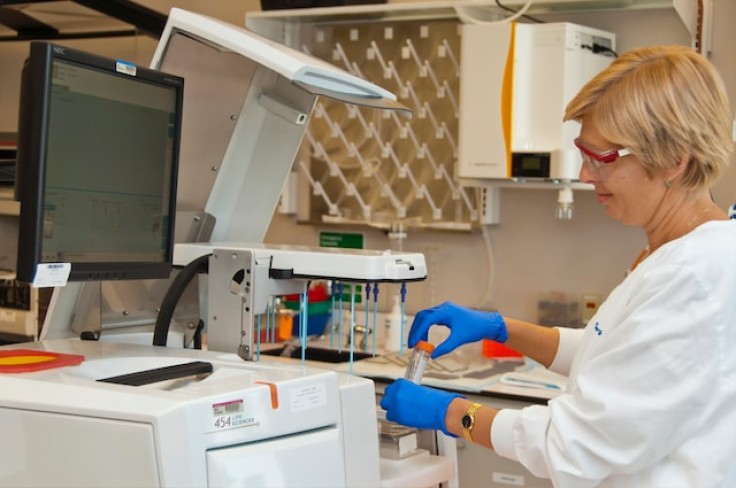
A new antibiotic called zoliflodacin has been shown to effectively treat gonorrhea. This is a big step forward in the fight against sexually transmitted infections (STIs), and it gives public health experts hope as they worry about drug-resistant strains becoming more common.
Gonorrhea, which is the second most common STI in the United States, has progressively developed resistance to almost all antibiotics previously used for its treatment.
Historically, the combination therapy of ceftriaxone and azithromycin has been the recommended course of treatment for gonorrhea. However, there have been alarming signals that this antibiotic duo may not be able to combat the rapidly mutating Gonococcus bacterium indefinitely.
Wednesday's revelation from a late-stage clinical trial positions zoliflodacin as a potential substitute for the current recommended therapy, matching its efficacy in curing uncomplicated gonorrhea infections.
Clinical Trials Validate Efficacy of Zoliflodacin
Zoliflodacin is a product of collaborative research between the Global Antibiotic Research and Development Partnership, a Swiss nonprofit organization, and Innoviva Specialty Therapeutics, based in the United States.
Infectious disease expert Dr. Jeffrey Klausner from the Keck School of Medicine at USC, not involved in the trial, remarked on the significance of zoliflodacin as a fresh means to halt the spread of resistant gonorrhea strains.
The introduction of zoliflodacin to the pharmaceutical market could occur by 2025 and would be the first new treatment option for gonorrhea to be approved in decades. The urgency for such a development is underscored by estimates from the World Health Organization (WHO), which suggest that there are over 82 million new cases of gonorrhea globally each year. The United States has witnessed a stark 28% increase in gonorrhea cases since 2017, with 710,151 incidents reported in 2021 alone.
Gonorrhea, which can affect the genitals, rectum, and throat, is particularly prevalent among adolescents and young adults, and disproportionately so among gay and bisexual men, according to the Centers for Disease Control and Prevention (CDC). The risks associated with untreated gonorrhea are grave, including infertility, pelvic inflammatory disease, ectopic pregnancy, and heightened HIV transmission risk.
Reports of strains that are less responsive to various classes of antibiotics have highlighted the looming threat of gonorrhea becoming resistant to ceftriaxone and azithromycin. The identification of such strains in the United States has been interpreted as a sign of potential future strains that could elude current treatment options entirely.
Global Impact: Overcoming Drug Resistance
The head of the National Institute of Allergy and Infectious Diseases, Dr. Jeanne Marrazzo, talked about the possibility of having to use a lot of different antibiotics to treat infections. This could make medical procedures more difficult and unintentionally lead to more microbes becoming resistant to antibiotics.
Zoliflodacin's advantage lies in its oral administration compared to the intramuscular injection required for ceftriaxone, aside from belonging to a novel class of antibiotics. While zoliflodacin demonstrated less effectiveness in treating throat infections, its overall promise of maintaining potency against gonorrhea makes it a significant addition to the STI treatment arsenal.
The clinical trial for zoliflodacin included 930 participants across five countries, affirming its effectiveness and setting the stage for a possible expedited review by the Food and Drug Administration (FDA). Innoviva, aiming for swift FDA approval, could see a decision within approximately six months.
This new antibiotic venture, guided by the Global Antibiotic Research and Development Partnership, reflects an innovative approach to the development of new antibiotics-a field often neglected by pharmaceutical companies due to low profit margins.
The zoliflodacin trial heralds a crucial stride in the global public health sector, addressing what the WHO has listed as one of the top 10 global public health threats: the emergence of drug-resistant pathogens, with gonorrhea being a high-priority pathogen.
Read also: Syphilis Outbreak Hits Houston: Alarming 128% Surge in Cases Among Women, Health Officials Warn